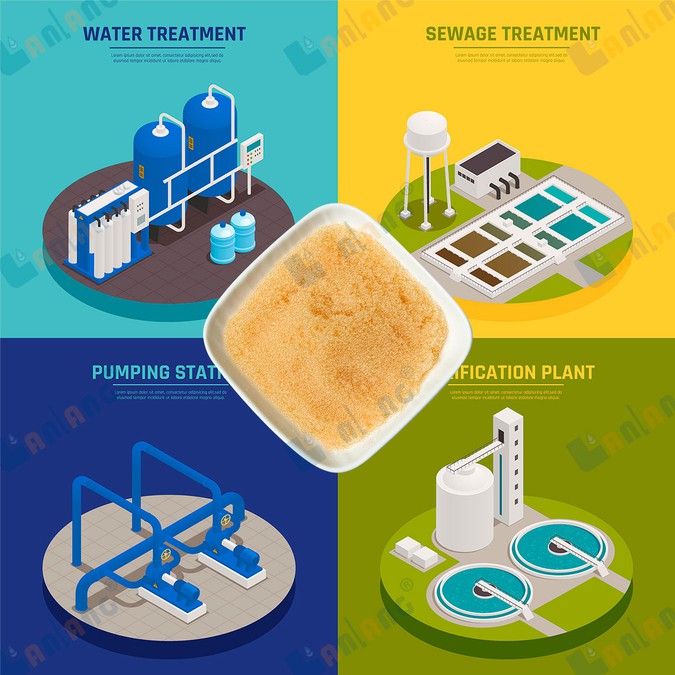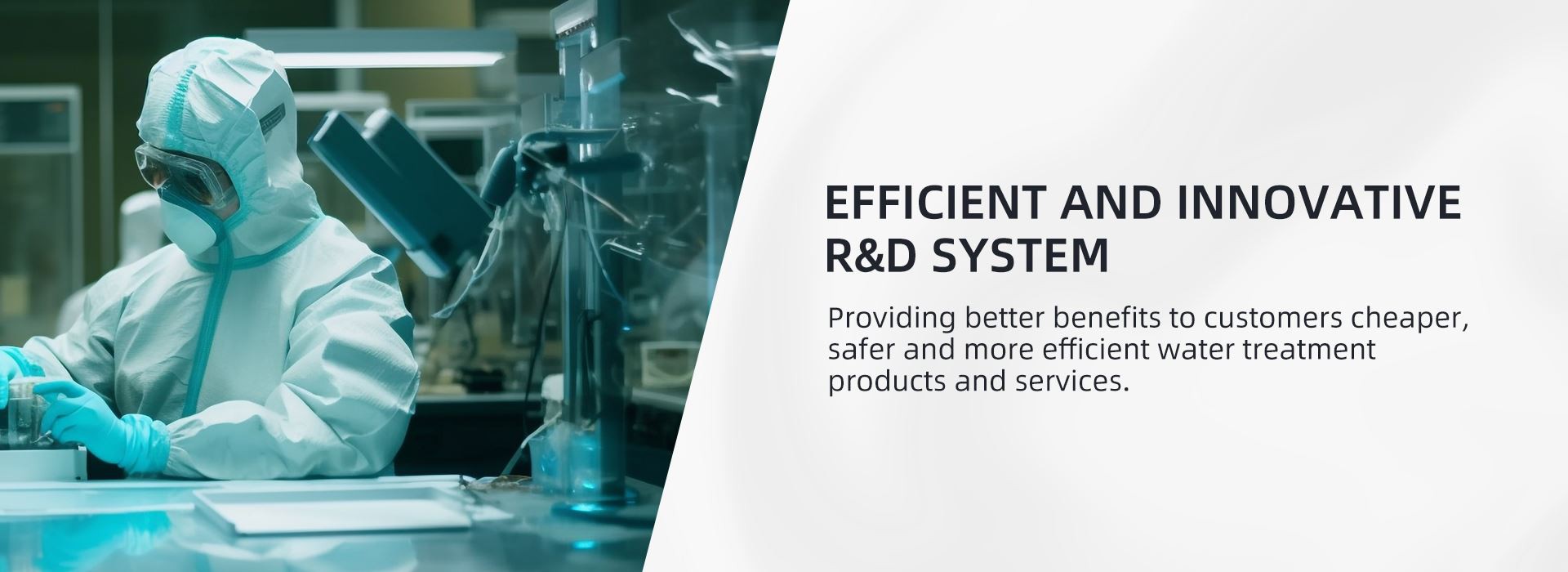Ion exchange resin is a versatile material used in a variety of applications across various industries. This blog will outline some of the most common uses of ion exchange resin.
1. Water purification:
Ion exchange resin is commonly used in water treatment plants for the purification of water. It removes impurities such as calcium, magnesium, and other metal ions from water, making it safe for drinking and other purposes. It is also used in the treatment of industrial wastewater to remove impurities and prevent environmental pollution.
2. Softening hard water:
Hard water is water that contains high amounts of minerals such as calcium and magnesium. These minerals can cause scaling in pipes and other equipment, leading to reduced efficiency and increased maintenance costs. Ion exchange resin is used to soften hard water by exchanging calcium and magnesium ions with sodium ions, thus reducing the hardness of water.

3. Pharmaceutical industry:
Ion exchange resin is used in the pharmaceutical industry for the purification of drugs and other chemicals. It is used to remove impurities and contaminants such as heavy metals and organic compounds from pharmaceutical products. Ion exchange resin is also used in the production of insulin and other medicines.
4. Food and beverage industry:
Ion exchange resin is used in the food and beverage industry for the purification of water and other liquids. It is used to remove impurities and contaminants from juices, wines, and other beverages. Ion exchange resin is also used in the production of high fructose corn syrup, which is a common sweetener used in many food products.
5. Nuclear industry:
Ion exchange resin is used in the nuclear industry for the purification of radioactive waste. It is used to remove radioactive isotopes and other contaminants from the waste stream, making it safer for disposal. Ion exchange resin is also used in the production of nuclear fuel.


